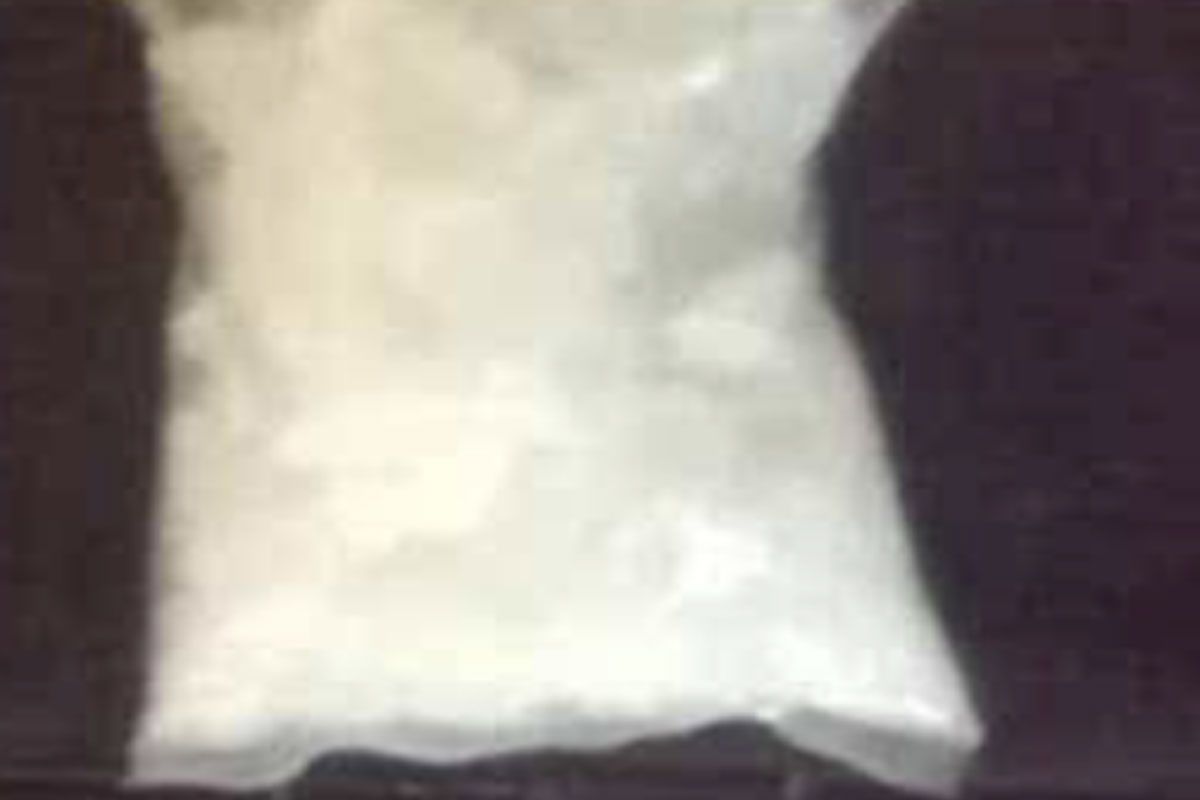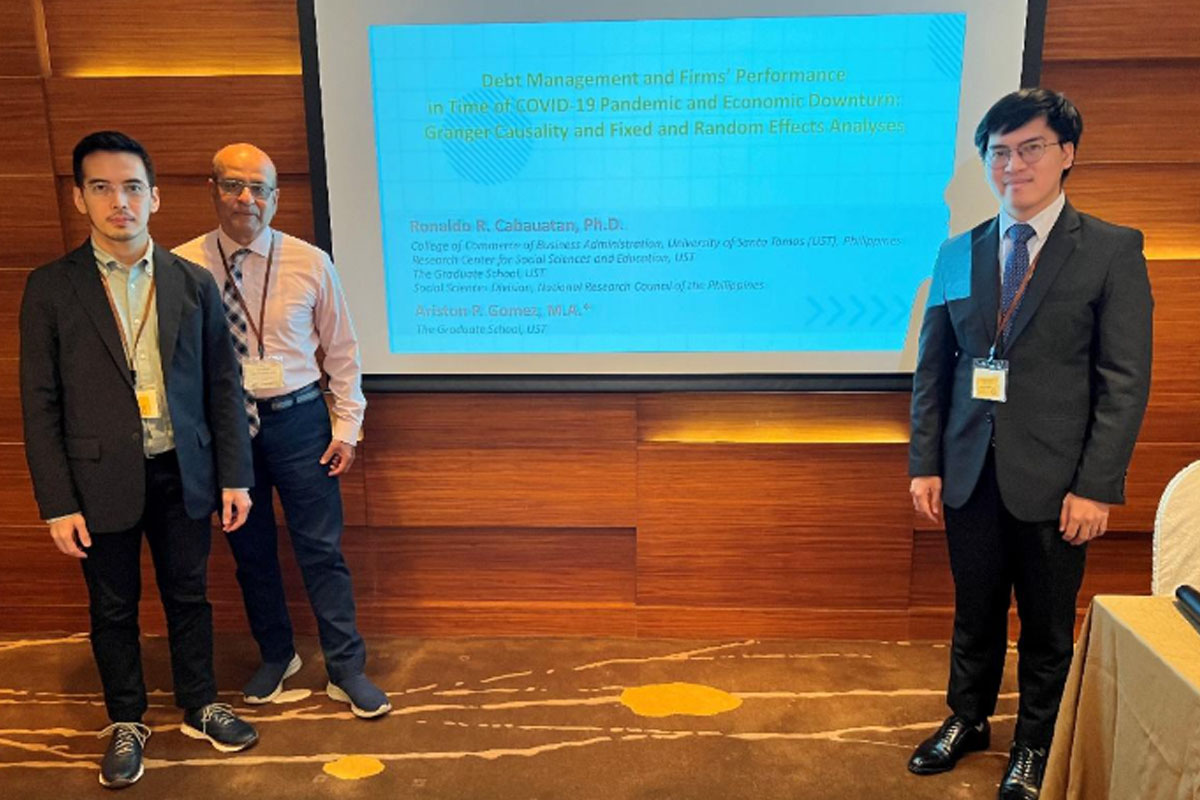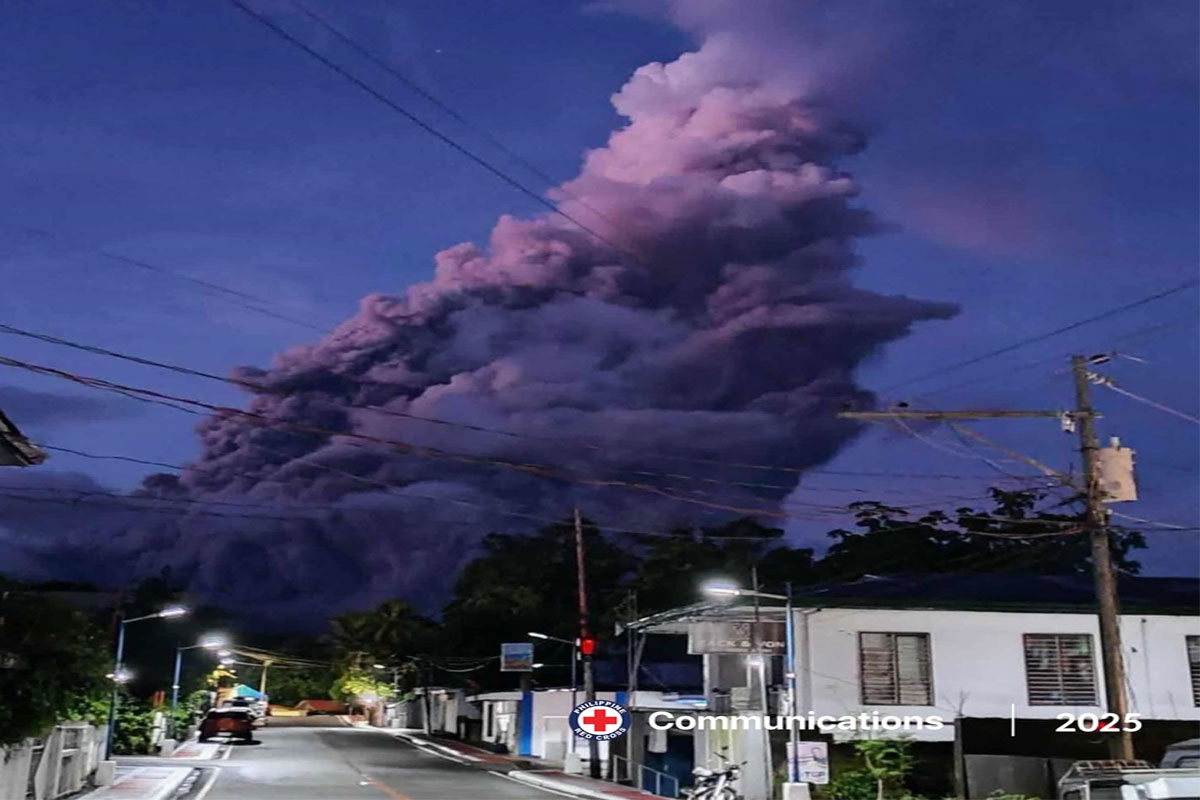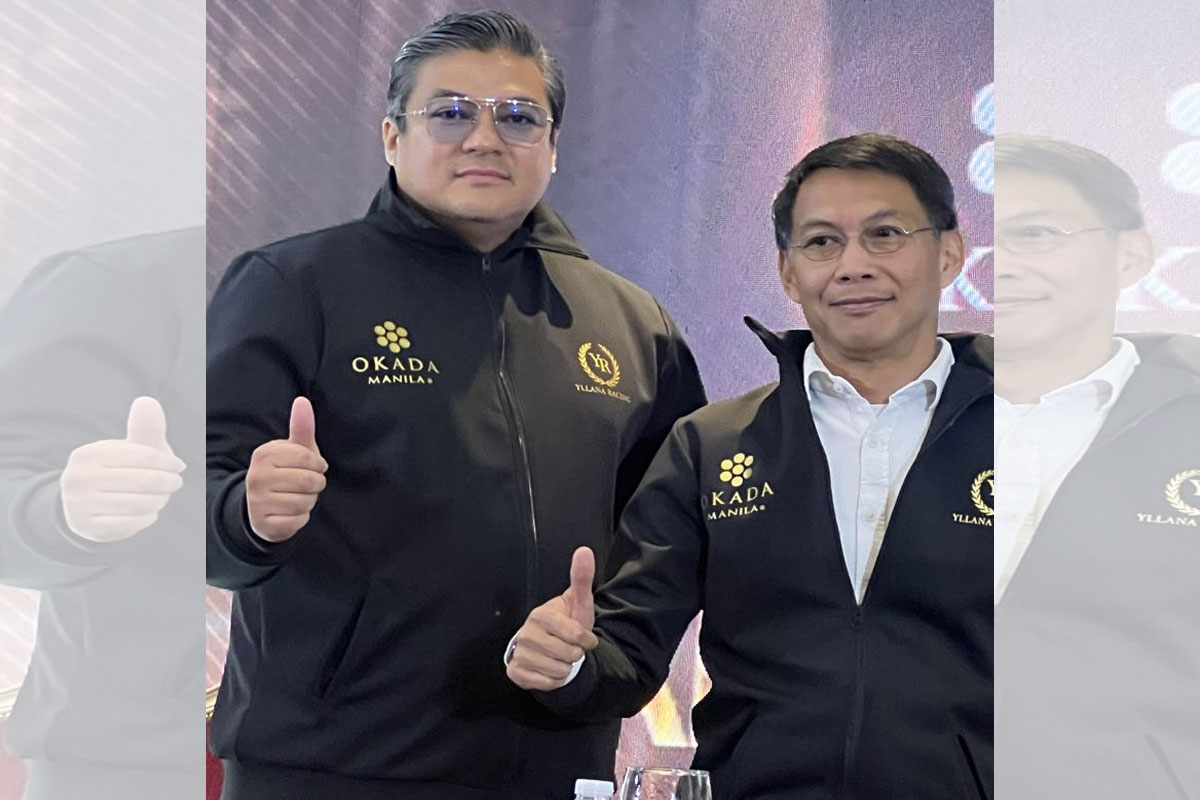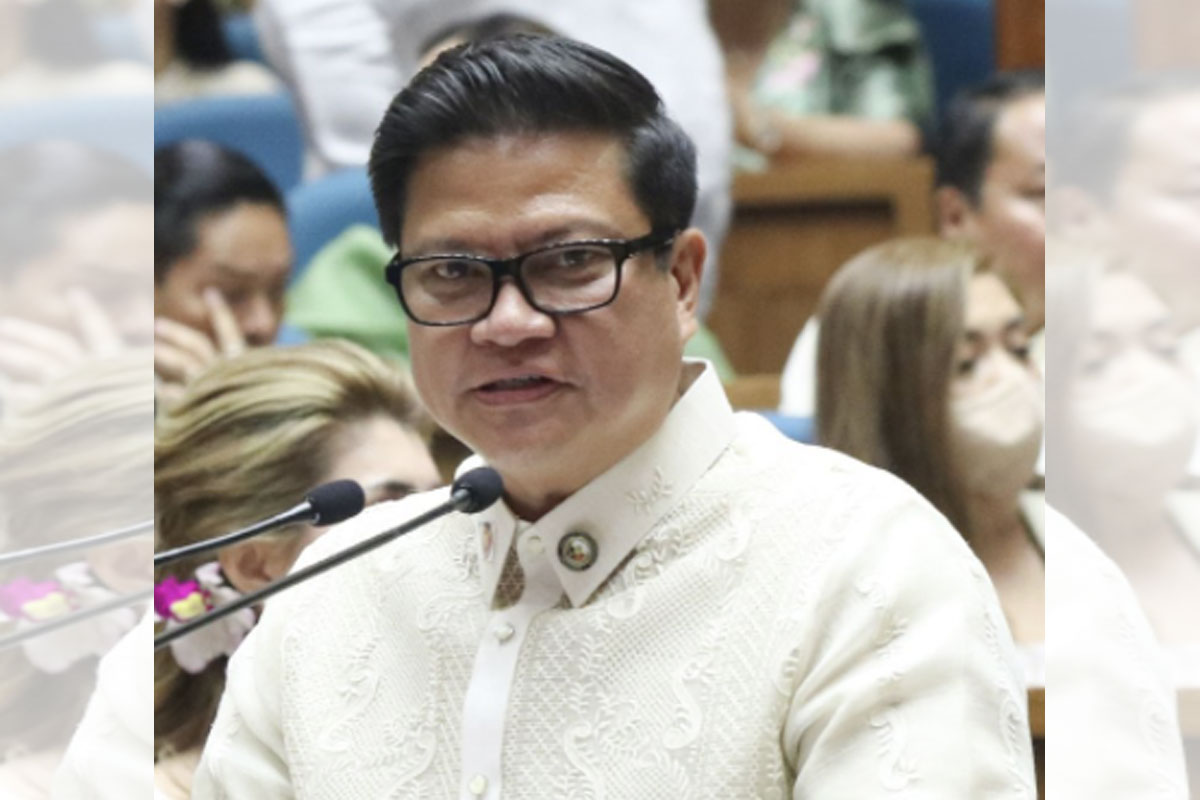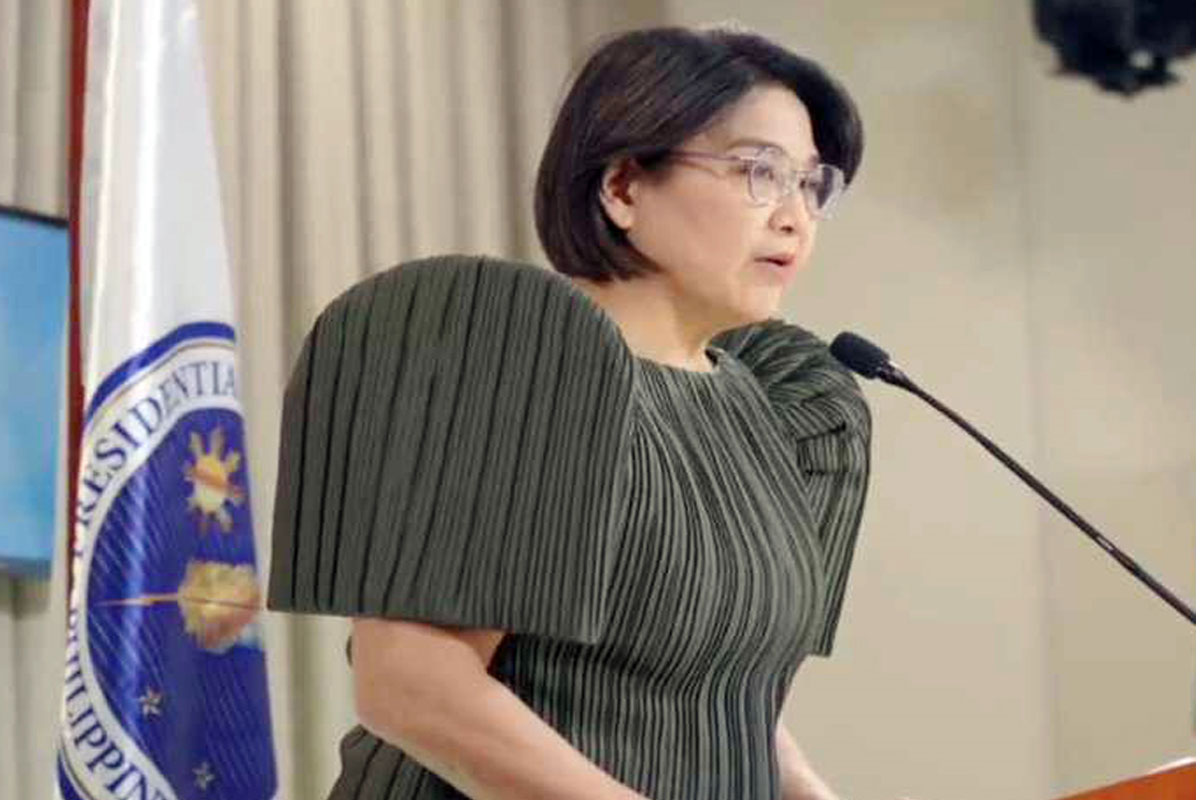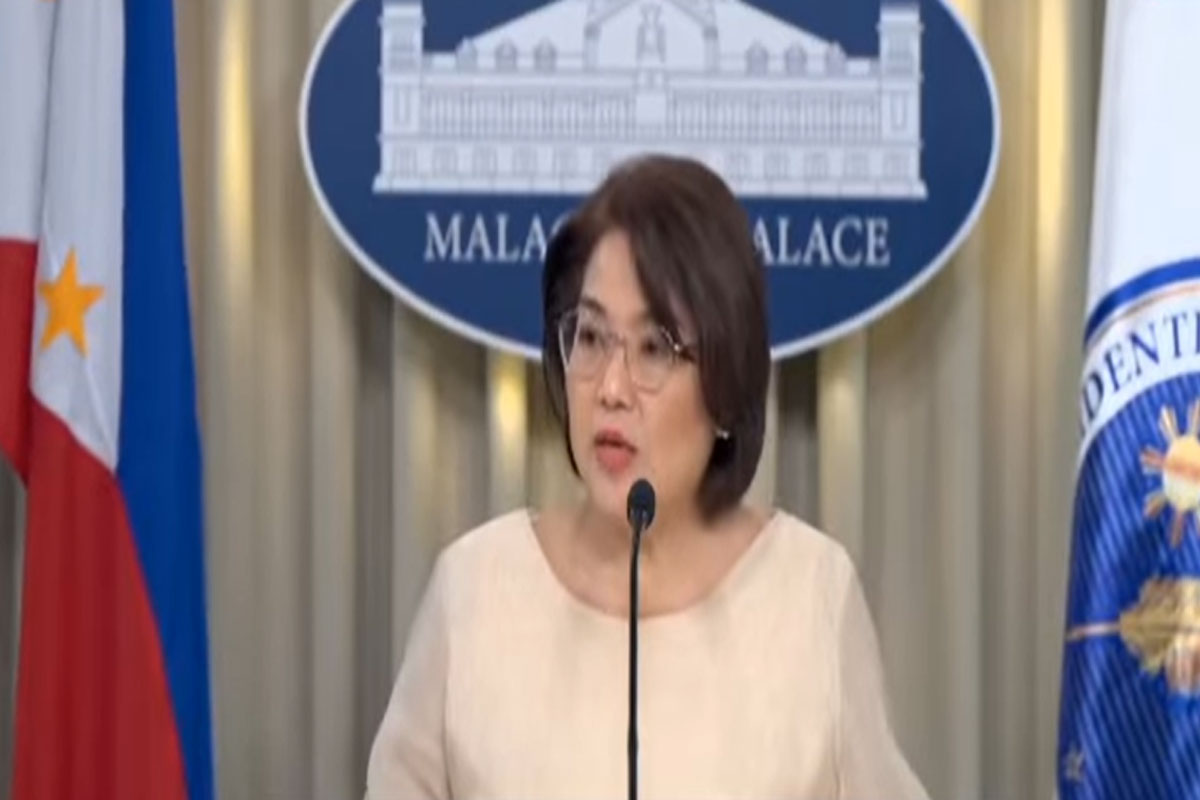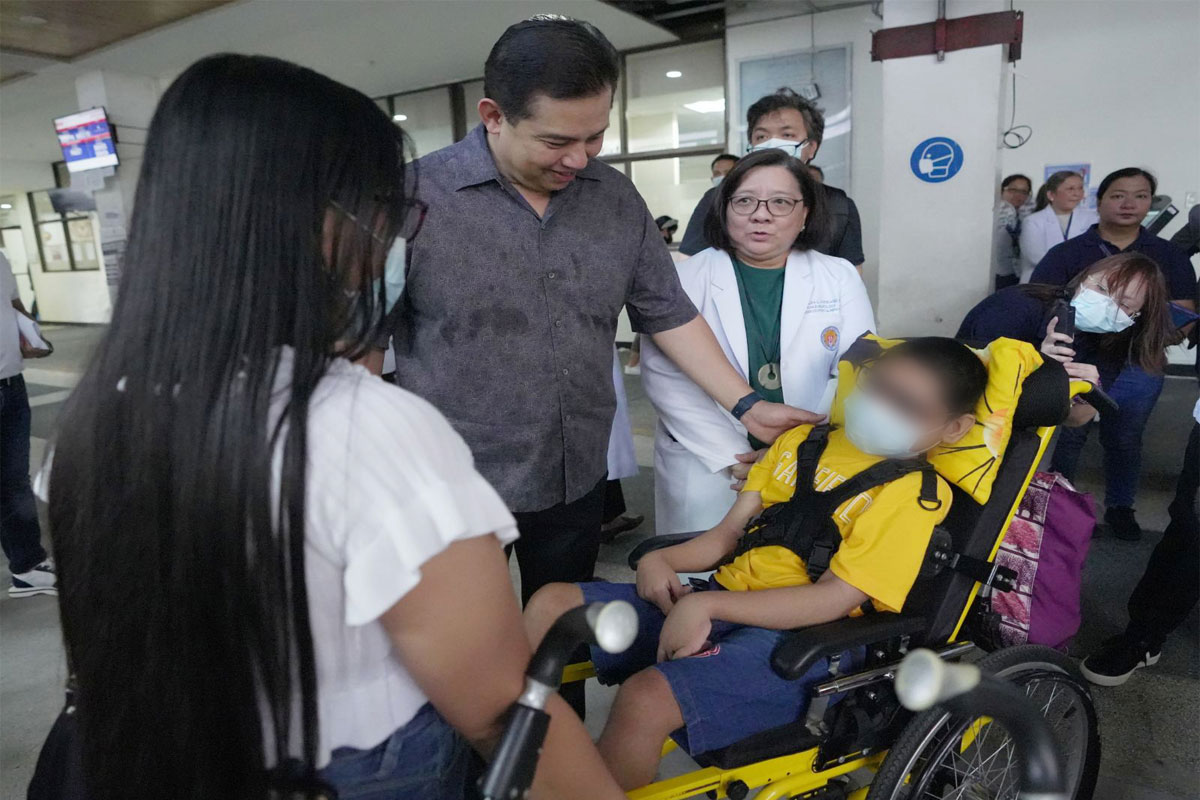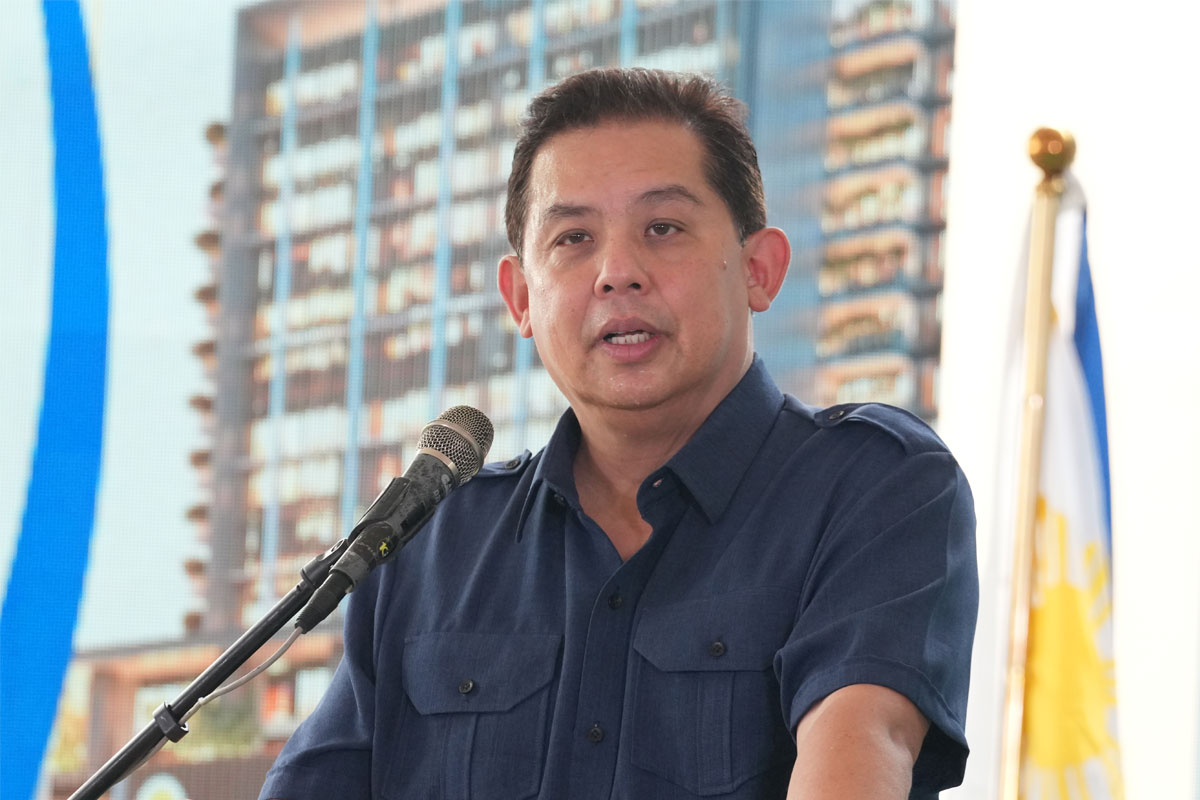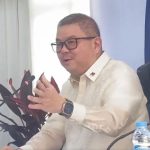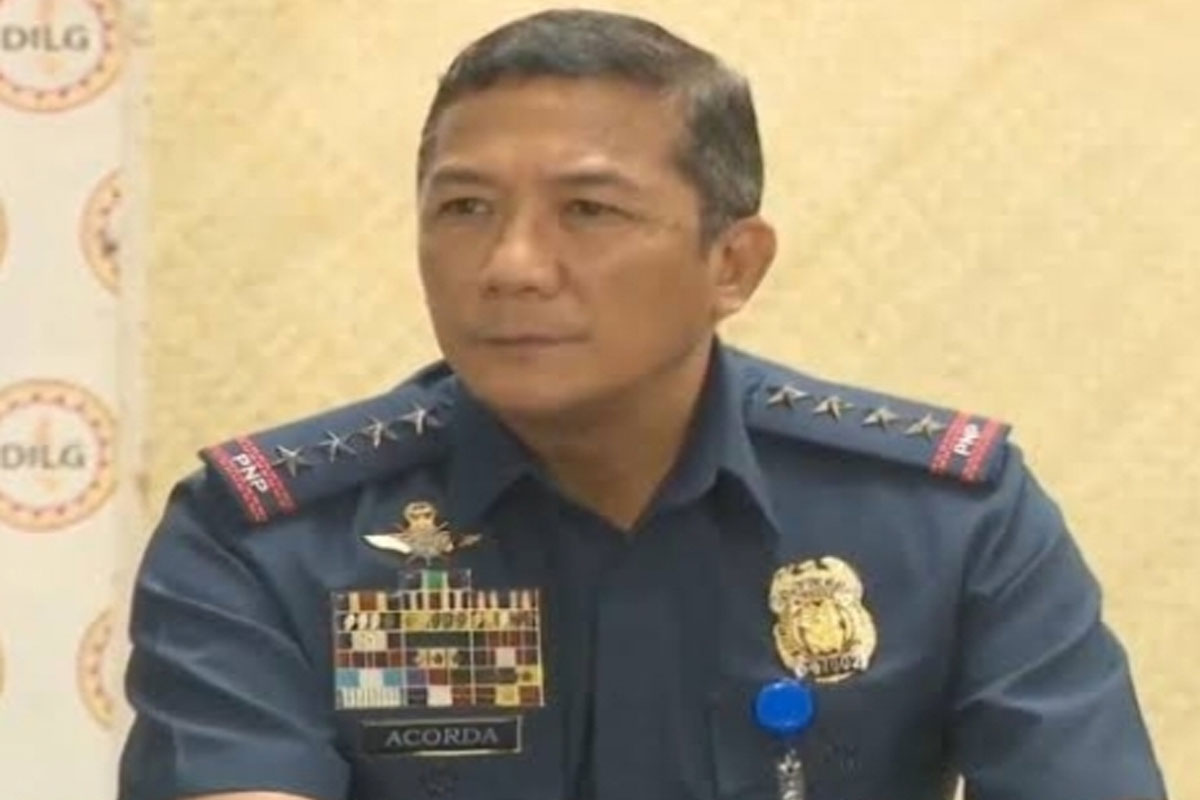
‘Chief PNP-tiables’ need President’s trust, confidence
OFFICIALS said everybody must know that clearly, the President’s trust and confidence will play a major role in his decision to appoint the 30th chief of the Philippine National Police (PNP), once General Benjamin C. Acorda Jr. retires on December 3.
Another crucial factor in the selection of the third PNP chief under the administration of President Ferdinand R. Marcos Jr. will be the recommendation from his most trusted lieutenants and security officers and advisers from the Solid North.
They include Department of the Interior and Local Government Secretary Benjamin “Benhur” C. Abalos Jr., National Intelligence Coordinating Agency Director Gen. Ricardo F. De Leon, National Security Council Chief Eduardo M. Año and Presidential Adviser on Police and Military Affairs, retired Police Gen. Roman “Popong” A. Felix.
Journal Group sources said that President Marcos Jr. has a long list of candidates to pick from, including the current members of Acorda’s Command Group, namely, PNP Deputy Chief for Administration, Lieutenant Gen. Rhodel O. Sermonia; PNP Deputy Chief for Operations, Lt. Gen. Michael John F. Dubria; and PNP Chief Directorial Staff, Major Gen. Emmanuel B. Peralta.
Then there are the members of Philippine Military Academy (PMA) “Tanglaw-Diwa” Class of 1992 whose names are being mentioned as among the contenders to replace Acorda.
They are National Capital Region Police Office (NCRPO) Director, Brig. Gen. Jose Melencio C. Nartatez Jr.; PNP Criminal Investigation and Detection Group (CIDG) Director, Major Gen. Romeo M. Caramat Jr.; PNP Director for Human Resource and Doctrine Development, Brig. Gen. Ronald O. Lee; PNP Director for Logistics, Maj. Gen. Mario A. Reyes; PNP Director for Operations, Brig. Gen. Leo M. Francisco; and Area Police Command-Western Mindanao commander, Maj. Gen. Jonnel C. Estomo.
Last but not least, Journal Group sources have also mentioned the name of PNP Director for Police-Community Relations, Maj. Gen. Edgar Alan O. Okubo of PNP Academy (PNPA) “Tagapagpatupad” Class of 1992 as another ‘Chief PNP-tiable.’
Sermonia is a product of PMA “Makatao” Class of 1989. He is the last member of PMA Class 1989 in the PNP who will be retiring from the police force on January 26, 2024.
Dubria and Peralta are both classmates of Acorda from PMA “Sambisig” Class of 1991. Dubria will retire on December 20, 2024, while Peralta will mark his 56th birthday on August 24 next year.
Another member of PMA Class 1991, PNP Director for Comptrollership, Brigadier Gen. Rommel Francisco D. Marbil is also being mentioned as another candidate for the next top cop.
Born on February 7, 1969, the 54-year-old Marbil used to be the head of the PNP Highway Patrol Group who rose to become a Police Regional Office (PRO) 8 director in Eastern Visayas last year.
That brings to fore the presence of police generals from the Solid North and those who have served in Region 1, as President Marcos had already chosen two Ilocano PNP generals as his first and second PNP chiefs in the person of Gen. Rodolfo Azurin Jr. and Acorda.
Among the candidates mentioned, Peralta once served as PRO1 director in the Ilocos-Pangasinan region.
Among the members of PMA Class 1992 mentioned above, Nartatez, Caramat, Lee and Reyes are Ilocano-speaking generals who once served in the Solid North.
Okubo is also a known officer from Benguet in the Cordillera region who had the distinction of becoming the first PNPA graduate to head the elite PNP Special Action Force and later the NCRPO.
Nartatez traces his roots in the Ilocos Region and served with distinction in Ilocos Norte as its provincial police director.
The highly-decorated Nartatez has the distinction of being the last member of PMA Class 1992 who will retire from the police force on March 19, 2027. If the Military and Uniformed Personnel bill that seeks to adjust the retirement age from 56 years old to age 57 is approved next year, he will retire in March 2028.
A native of Santa, Ilocos Sur who traces his genealogy from the line of the great Gabriela Silang, a Filipino military leader best known for her role as the female leader of the Ilocano independence movement against Spain, Nartatez used to be the PRO4-A director in Calabarzon region before being named as NCRPO chief vice Okubo last June.
Caramat is a native of Pangasinan who became a Bulacan police director after spending years as intelligence officer of the Cordillera police regional office.
He was also a former director of the PNP Integrity Monitoring and Enforcement Group (IMEG) and PNP Drug Enforcement Group (DEG), before becoming a Caraga police director. He became the PNP-CIDG director last January.
Caramat has led a number of major anti-drug operations during his stint as PNP-DEG director and jailed dozens of rogues in uniform when he commanded the PNP-IMEG.
At present, he is supervising all CIDG anti-criminality operations which have led in the arrest of major crime personalities nationwide.
Lee is a native of La Union who used to command the Cordillera police regional office. Known as a “solid police operator” who engineered dozens of successful major anti-kidnapping, anti-drugs, anti-carnapping, anti-terror and other anti-criminality operations since his junior days, Lee also used to be a director of the PNP-DEG, PNP-IMEG and the PNP-CIDG.
Reyes once served as PRO5 director in Bicol Region before becoming the head of the PNP Logistics Support Service and eventually, the PNP Director for Logistics.
Francisco was an outstanding Manila Police District director before becoming PRO6 director in Western Visayas.
Estomo is an erstwhile PNP Anti-Kidnapping Group and Bicol police director who became a Metro Manila police chief.
Officials said that the appointment of the 30th PNP chief will be crucial since he will not only be leading the organization’s war on drugs, criminality, terror and corruption, but will be appointed in a time that the entire country is facing major challenges brought about by issues on the West Philippine Sea and the Israeli-Hamas war.
Many officials have agreed with the assertion of the Journal Group that next to the President, the chief PNP is considered to be the second most powerful official in the country, having in his command the 227,000-strong police force which has presence in virtually all parts of the country, or from Aparri to Jolo.
The PNP chief must possess the competency and integrity to handle the job as he will be answerable to the PNP’s internal and external audience.
He should have the dogged determination to do the job, the needed track record and service reputation, a ton of contribution to the country’s peace and order campaign, and most importantly, the loyalty to the Constitution and duly-constituted authorities.
The law says that the President, as Commander-in-Chief, shall appoint the PNP chief from among a list prepared by the National Police Commission (Napolcom) of “the most senior and qualified officers in the service,” given that the prospect appointee has not yet retired or is within six months from their compulsory retirement age.
The law also says that the “lowest rank of a qualified appointee shall be the rank of Police Brigadier General.”
As PNP chief and ex-officio member of the Napolcom, the chief PNP is given the power to command and direct the police force.


